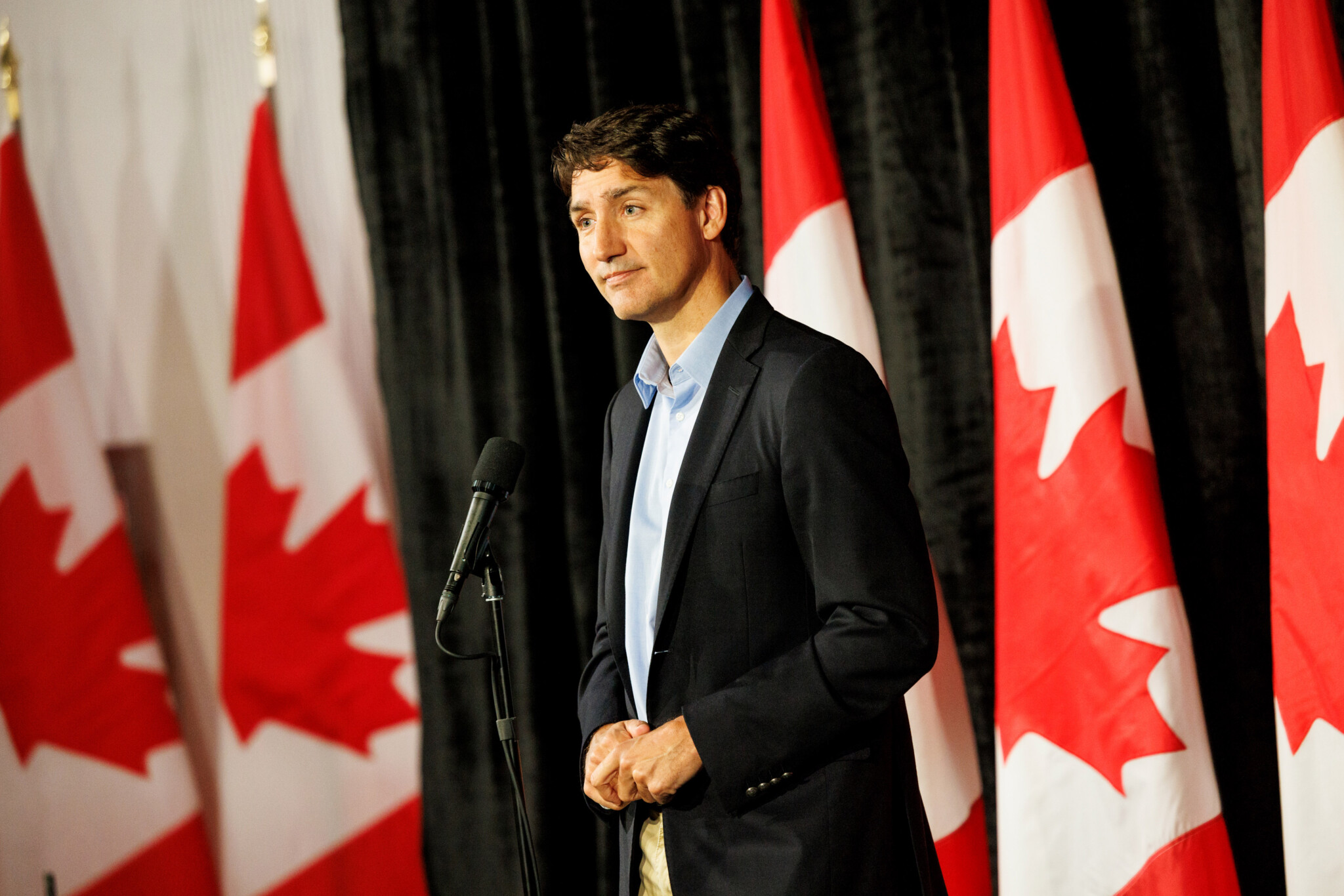Prime Minister Justin Trudeau and his Liberal cabinet ministers gathered in Halifax early this week for the government’s annual cabinet retreat. The Liberals find themselves on shaky footing heading into the fall sitting of Parliament as criticism over the government’s handling of immigration and the temporary foreign worker program escalates. This follows sustained polling that shows the Liberals remain significantly behind in the polls to the Opposition Conservatives. To make sense of it all, we’ve gathered a handful of The Hub’s contributors and experts to react to the news coming out of the retreat and to break down what Trudeau and the Liberals may do from here.
A Trudeau resignation? Don’t bet on it, folks
By Howard Anglin
I’m not sure who will be more disappointed by Justin Trudeau signalling that he intends to stay on as prime minister after the cabinet retreat in Halifax: Canadians as a whole or his would-be successors in the room. If he is going to step down before the next election, this was just about his last chance to do it.
Swapping out the spavined Joe Biden may have given the Democrats new life, but that sort of bait-and-switch is almost impossible to pull off here. For one, there is no Kamala Harris waiting in the wings. Or, rather, there are at least half a dozen would-be Kamalas and an open leadership contest takes months, not weeks. With less than a year until the next election,Technically, the Constitution only requires an election every five years, which gives the government until the fall of 2026, but changing the 2025 fixed election date would require legislation, which it would be political suicide for either the Bloc or the NDP to support. the time for the Liberals to pick a new leader is this fall–or not at all.
Besides, what were all those surreptitious meet-and-greets across the country this summer for, if not a chance for Trudeau to take the mood of the electorate and test for himself whether he has what it takes to lead his party? If he doesn’t know by now whether he wants to go, then he knows he wants to stay.
There is still the minor test of the September 16 by-elections. In normal times, the Liberals would be about as likely to lose the Montreal riding of LaSalle—Émard—Verdun as the Fatherland Front would be to lose a by-election in Pyongyang. These, however, are not normal times for the Liberals. Ceding the riding to the Bloc after losing the equally scarlet Toronto-St Paul’s to the Tories would be a double-body blow.
A boxer like Trudeau knows, however, that while knockouts by body blow can happen, they are exceedingly rare. If the Liberals can scrape through on September 16, or if they lose and Trudeau doesn’t immediately resign, we can all finally stop speculating: he’s in it for the long haul.
The Liberals are in a mess of their own making
By Sean Speer
Prime Minister Trudeau’s latest explanation for his government’s runaway immigration policy is, to put it politely, nonsense.
We’re told that the massive increase in temporary migrants—more than a doubling since Q2 2021 alone—was the proper response at the time but now “the labour market has changed.”
His government didn’t make a mistake, you see. It didn’t lose control of the flow of temporary foreign workers and international students. It’s just that the labour market has changed.
Who does he think will be convinced by such a spurious argument? In what world did we need an immigration policy that produced population growth similar to Mali’s or Chad’s two years ago but now we need something quite different?
The prime minister responded this way:
“…we no longer need as many temporary foreign workers. We need Canadian businesses to invest in training and technology and not increasing their reliance on low-cost foreign labour. It’s not fair to Canadians struggling to find a job.”
It’s preposterous on its face. The idea that two years ago we somehow needed a massive influx of “low-cost foreign labour” and today we don’t fails a basic common-sense test. The government’s reckless immigration policy was distortionary then and it is now. Nothing has changed except for the Liberals’ declining political standing.








